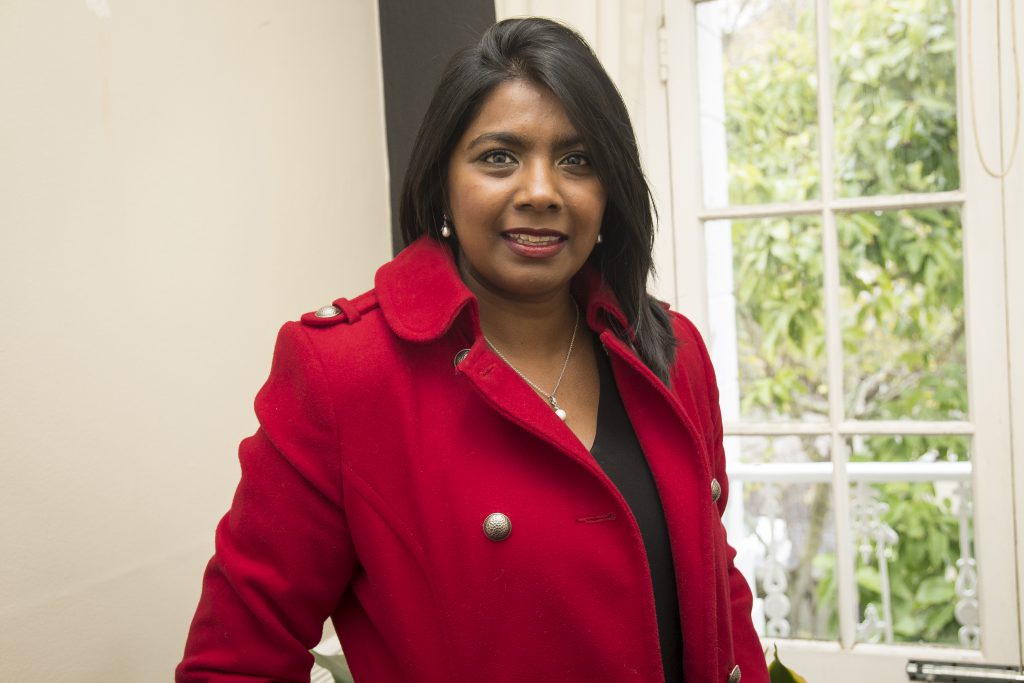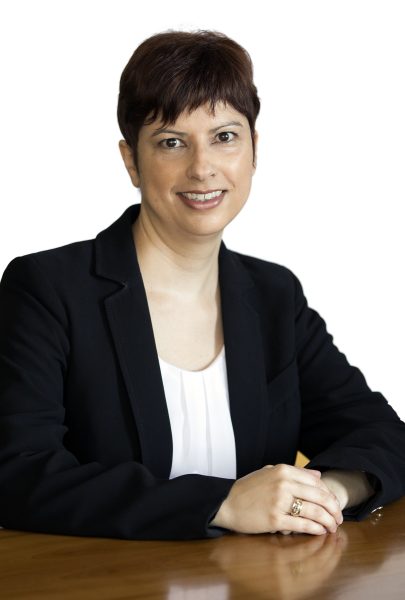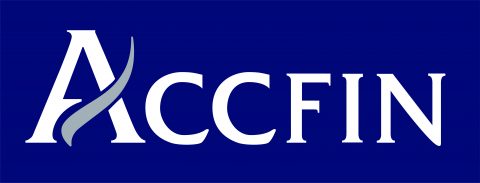Financial Mail Women
Transforming Higher Education
South African Institute of Chartered Accountants
Universities are not preparing young people with the skills sets required for the 21st century, says Chantyl Mulder, executive director: Nation Building at the South African Institute of Chartered Accountants (SAICA). “These are not necessarily the technical skills sets related to a particular discipline but specifically communication, collaboration, critical thinking and creativity as well as entrepreneurship, digital acumen and ethical behaviour. In order to really do this, the teaching and learning methods have to change.”
Mulder adds that it cannot be business as usual and that universities and employers are too far removed; there is no communication and collaboration regarding the skills sets required by the employers and those produced at tertiary education level.
“Yes, maybe diversity is happening and being looked at, but there are far bigger education gaps that many of the universities have not even begun to think about, let alone implement. For example, most students from historically disadvantaged institutions do not have a laptop or access to data. Some do, but I can assure you this is not the majority,” she says. She challenges the notion of speaking about becoming a 4IR nation, when we cannot even get the basics right.
Mulder says she would like to see an accounting profession that is reflective of the country’s demographic profile in terms of both race and gender and has relevant competencies that are in great demand by employers. “Success to me would be if we have diversity across all race groups and gender in all critical disciplines and all the students’ throughput pass percentages are equal.”
She says as SAICA they “aim to see many of our members occupy top leadership positions and contributing to the sustainable growth of the economy and the country.”
UCT’S Graduate School of Business
Kumeshnee West, director of Executive Education at the UCT GSB, says the global financial crisis, and now COVID-19, have highlighted the importance of integrating social and environmental impact into business and finance. “Business schools increasingly understand that they need to give students a different language and a different way to think about the link between finance and society.”
UCT GSB offers two short courses to support women as they advance on their leadership journey: The Developing Women in Leadership and the Executive Women in Leadership programmes focus on developing leadership practice and give women the tools to increase their impact and visibility.
West explains that preparing women for future leadership through transformative learning opportunities has, in recent years, shifted beyond just an emphasis on how leaders should behave in the world of finance, to include a wider focus on what they do, saying, “Because of the scale of the challenges facing economies in Africa, business schools on the continent have a unique opportunity – some would argue an imperative – to lead the way in developing such material, and in delivering graduates with a different mind-set. Our students appear to be increasingly motivated to make a difference in the world and view business as an agent of change, rather than just a way of generating profit, and we hope to see this reflected in the marketplace in the years to come. Our teaching, learning and research is directed towards building a more economically prosperous, more equitable and more integrated continent – and indeed world.”
The University of Johannesburg
Recognised as the biggest provider of black chartered accountants in South Africa, the University of Johannesburg School of Accounting’s senior director, professor Amanda Dempsey says that “we need to produce accountants that can operate in the new world”.
Dempsey explains that changes in the marketplace are forcing the institution to think differently, and the department is committed to educating “critical thinking accountants for the 4th Industrial Revolution”. She asserts that many facets of life, from how society operates, how we learn, and economic landscape are all in a state of flux, and “we need to embrace the challenges and opportunities in the profession”.
While the school has been building its capacity to use technology more, the COVID-19 lockdown accelerated the organisation’s response to the implementation of 4IR technologies to ensure that teaching and learning were still in operation. She says that they are mindful of the pressures women and other disadvantaged groups may face when pursuing opportunities in the field.
“We assist them with soft skills, tools for learning and other problems. We try to take away all of those things that can hinder them, so that they can focus on their studies.” Dempsey explains that the school is making a concerted effort to see more women in a position to drive the field’s evolution and is proud to say that in 2019, 80 per cent of scholarships for the PhD programme were awarded to black women.
Mazars
Rochelle Murugan, audit partner at Mazars, an auditing, accounting, tax and advisory services firm, is involved in the company’s graduate recruitment and diversity programmes. Based on first-hand awareness of the most common hindrances plaguing women fresh out of school, Murugan says: “Some of the challenges in the industry include lack of awareness of the demands of the job that results in decreased self-confidence, which is a natural factor when you are entering a new role.” She says that it is therefore of paramount importance for institutions to overcome this hazard at an early stage by offering vacation employment that is designed to educate young professionals on what the demands of the job will be prior to them entering the industry.
She also points to the often limited connection and interaction amongst women themselves as an additional problem, “as well as women believing that men are favoured in senior management positions”. Murugan says it is up to women who have attained success to ensure that once they walk through that door, they leave it open for the next woman to come through. “There has been a drastic mind-set shift in the way women are received in the hierarchical structure of organisations. I am also proud to note that when we look at the leading corporates and heads of departments in organisations, many more females occupy this space in comparison to the past.”






 Sign-up and receive the Business Media MAGS newsletter OR SA Mining newsletter straight to your inbox.
Sign-up and receive the Business Media MAGS newsletter OR SA Mining newsletter straight to your inbox.